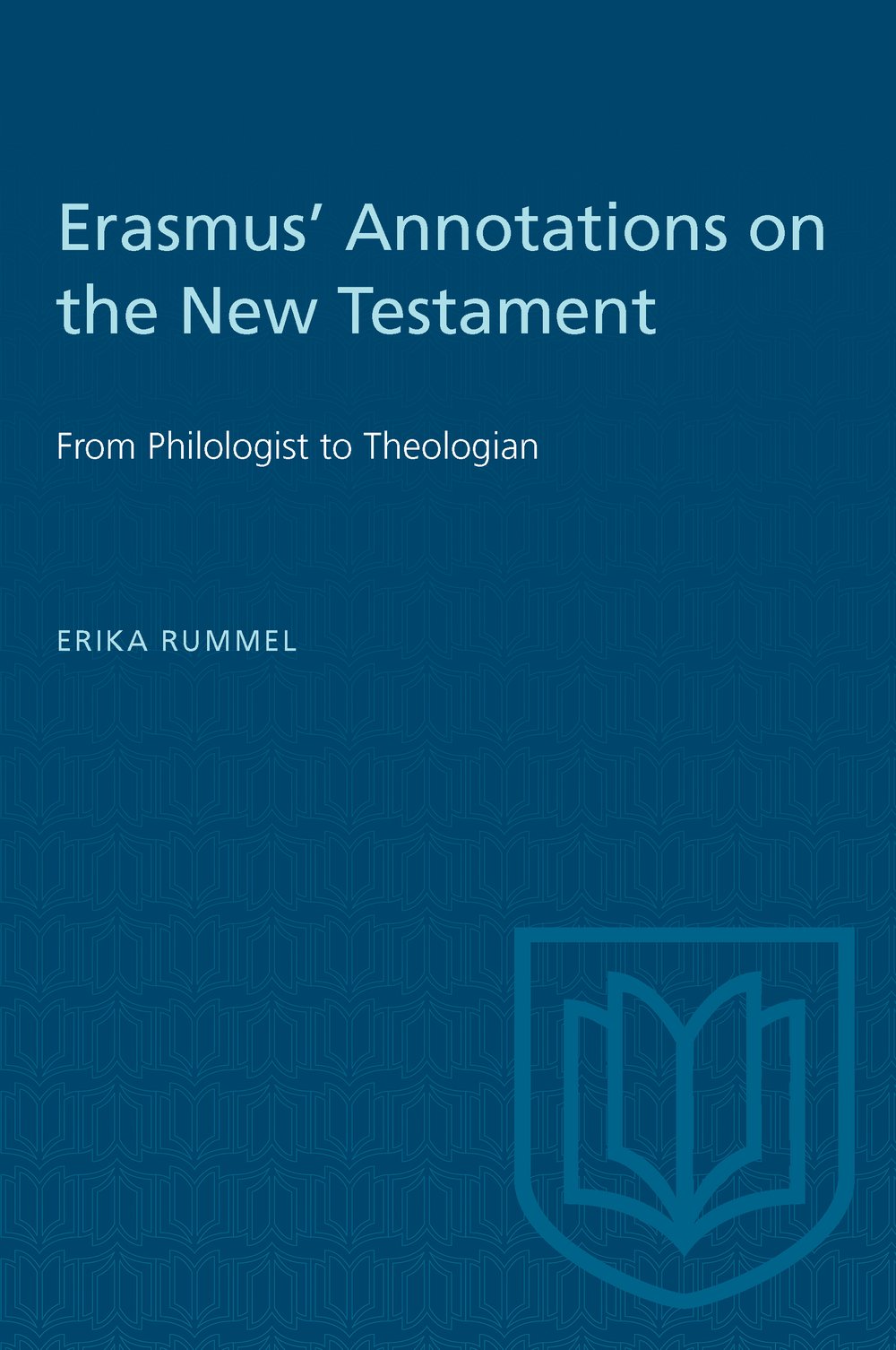The Case Against Johann Reuchlin
Social and Religious Controversy in Sixteenth-Century Germany
The case of Johann Reuchlin, one of the best-known controversies of the 16th century, has been interpreted in many ways: as a case of anti-Semitism, a controversy between humanists and scholastics, or a case foreshadowing the Reformation debate. The last interpretation was facilitated by Luther himself, who repeatedly linked his case with that of the biblical humanists Lefevre, Erasmus, and Reuchlin.
In this lively critical analysis, Erika Rummel describes how the second interpretation, which was promoted in the 19th century, was replaced after WWII by a new sensitivity toward the anti-Semitic elements of the affair. More recently, however, the favoured approach is a more nuanced interpretation, acknowledging that the controversy is informed by a combination of social and intellectual currents and reflects both anti-Semitism and academic strife. The section containing the analysis is followed by documents illustrating the case, some of them translated for the first time into English.





